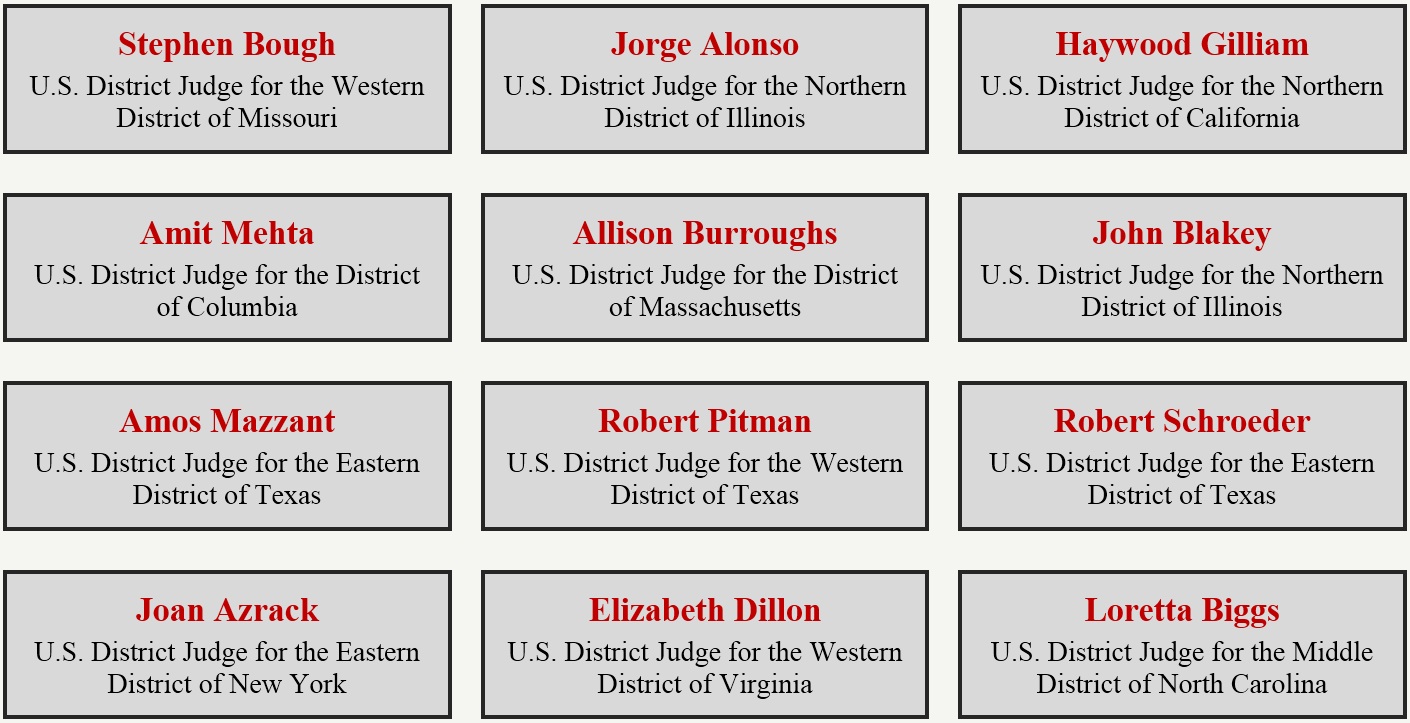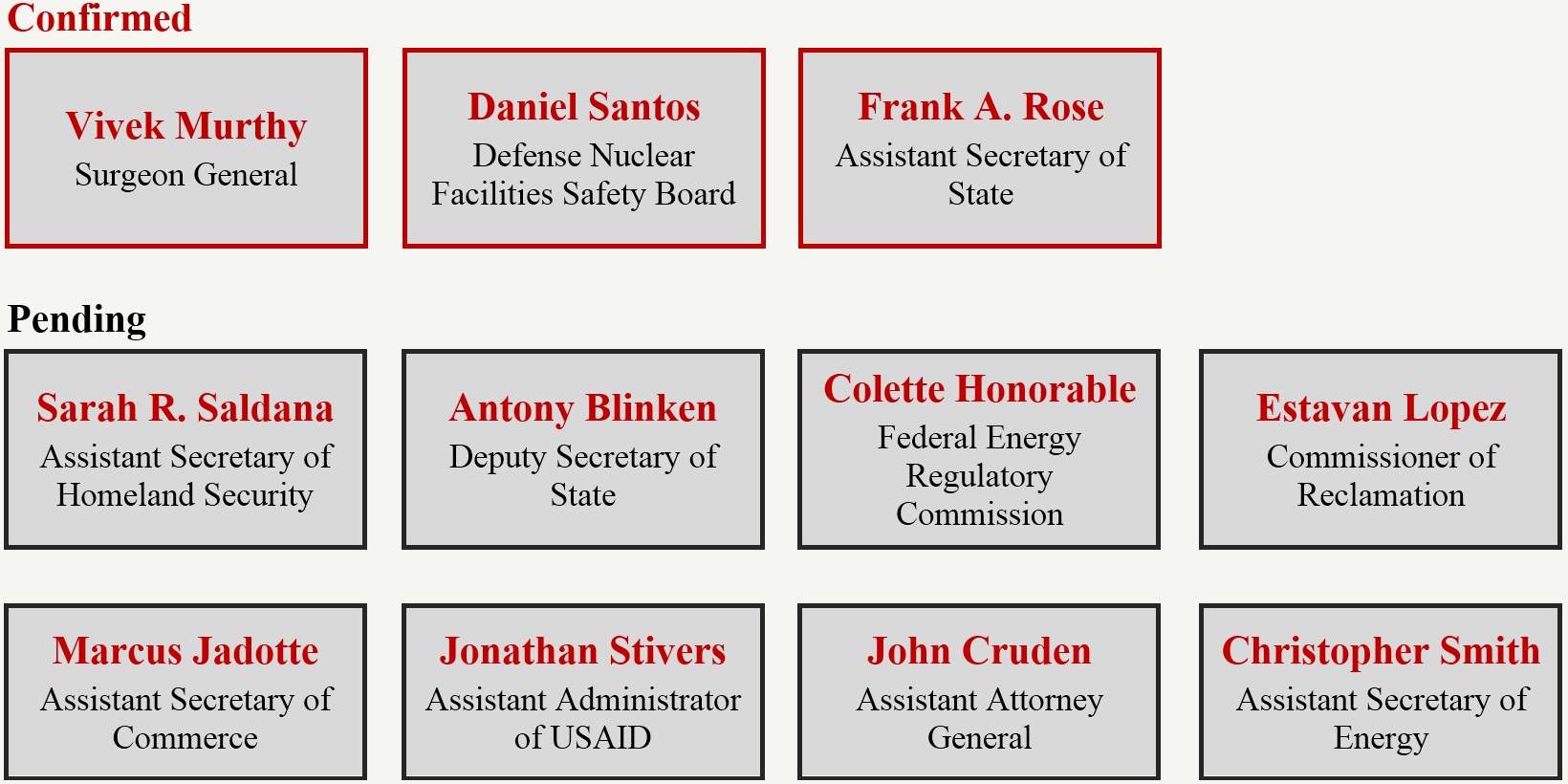Abusing the Lame Duck
This week, in the last days of the 113th Congress, the Senate is considering a series of nominations. None of these nominees are essential to keep the government running. The Senate could be using this week to debate important tax and spending issues, including matters that actually have a deadline or could help to create American jobs.
A Moment of Scrutiny, a Lifetime Appointment
Majority Leader Reid’s decision to proceed with the confirmation of a dozen nominations to the federal judiciary this week is the latest example of his disregard for the traditional practices of the Senate. In the past, the Senate has occasionally confirmed judges during a lame duck session of the Senate, though usually after those judges had already been reported out of committee before an election. Of the 12 judges whose confirmations are scheduled this week, 11 had not been reported out of committee before the election.
The last time the Senate confirmed judges who had been reported during a lame duck session was 2002. During the past two election cycles, when judges were reported out of committee during the lame duck session, the nominations were returned to the White House without confirmation during the session.
Lame Duck Judges

Pending judicial nominations

Leading with Controversy
Not only is Senator Reid pushing through a large number of nominations at the last minute, he is focusing on some of the president’s most controversial nominees. These nominees were intentionally not voted on before the election.
Vivek Murthy: Dr. Murthy, whose appointment as Surgeon General was approved on Monday, drew opposition from both sides of the aisle. Just eight years removed from his medical school residency, he simply lacks the experience or qualifications for this important job. In addition, he has shown a personal hostility to the Second Amendment rights of Americans. Former Surgeon General Richard Carmona, a Democrat, has written that Murthy’s “partisanship and lack of qualifications for the job of Surgeon General gives this nomination the scent of political patronage.”
Sarah Saldaña: Ms. Saldaña’s nomination to head the Immigration and Customs Enforcement office is clouded by the president’s unilateral executive action on immigration. Members of the Judiciary Committee were troubled by her responses to written questions about the president’s actions. While the Homeland Security Committee held a confirmation hearing, members of the Judiciary Committee were denied the opportunity to hold their own hearing or even to sit down with the nominee as a group. The nominee was reported out of the Judiciary Committee on a party-line vote.
Antony Blinken: Mr. Blinken’s nomination to be the deputy secretary of state should have provided a time for Senators to debate President Obama’s foreign policy. The nominee is at the heart of many of the administration’s foreign policy failures, having served as a national security advisor to both the president and the vice president throughout this administration. Vice President Biden has described him as the administration’s “go-to guy” on Iraq. Under that stewardship, the Obama administration failed to leave a follow-on force in Iraq, with the predictably disastrous consequence of ISIS now controlling large parts of the country.
Executive nominations

Thirteen new Senators were just elected, and will take office in January. The American people have made clear that they are tired of how Democrats have been running the Senate. Those new Senators should have the opportunity to have their voices heard on nominations.
If Senator Reid wants to be productive in the lame duck session, he should use this time to help the American people, not just to help the president’s political appointees.
Next Article Previous Article
